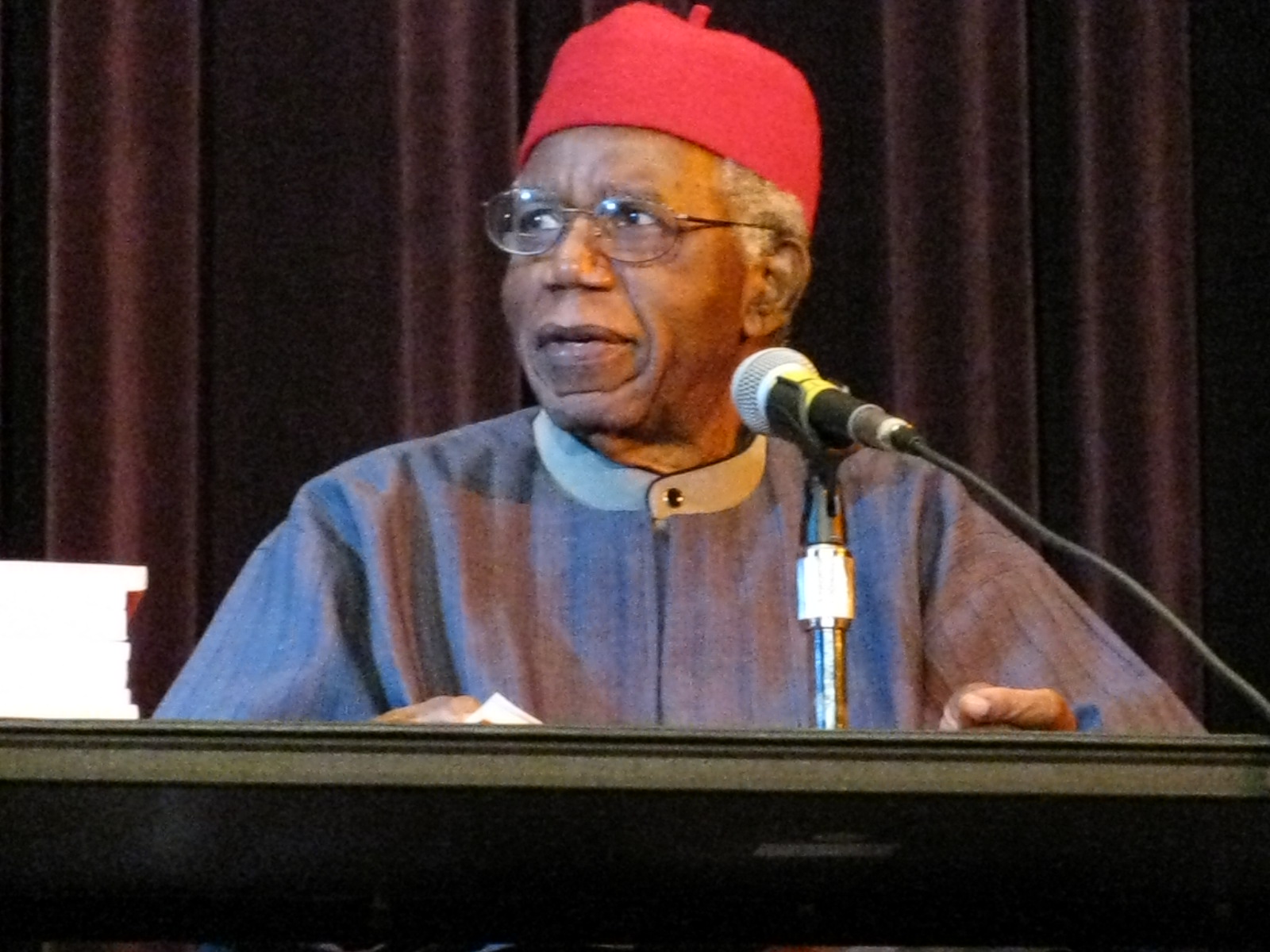Two new policy briefs, both hot off of the press, conclude that the U.S. economy not only benefits from immigration, but in fact needs more of it in order to continue thriving in the future. A policy brief released six days ago from the University of Pennsylvania corroborates the findings in a policy brief published by the Migration Policy Institute at Georgetown University released last month.
In plain terms, according to University of Pennsylvania Professor, Exequiel (Zeke) Hernandez, “from an economic standpoint, the research evidence is pretty clear in showing that what’s best for the U.S. economy is to have more immigration.” Professor Hernandez and the authors of the University of Pennsylvania brief suggest that inclusive and expansive immigration policy not only has economic benefit incentivizing it, but also moral imperative underlying it. They point to the example of the U.S. refusing to provide refuge to thousands of European refugees who were fleeing the Nazi regime in the 1930s as “moral blot.” While they do not shy away from the moral imperative, the bulk of their argument highlights data and research that illustrate the clear economic benefits that come with welcoming immigrants in the U.S.
Elon Musk, CEO of Tesla, Immigrant in the U.S.

One data point that the University of Pennsylvania brief highlights is an analysis of Fortune 500 companies: it points out that if you look at only those Fortune 500 companies that were founded by immigrants or the children of immigrants to the U.S., the companies were responsible for generating $5.3 Trillion in revenue in 2016, and further, that these companies spread the wealth across the U.S. with headquarters established in 33 out of 50 U.S. states. Famous examples of immigrants that have founded companies in the U.S. include Google’s founder, Sergy Brin, who migrated from the Soviet Union to the U.S. with his family in the 1970’s. Similarly, Tesla’s CEO, Elon Musk, migrated to the U.S. from South Africa. From the author Chinua Achebe to the guitarist Carols Santana, vital contributions to the U.S. by immigrants can be found in every sector and in every corner of this country.
Carlos Santana, Guitarist, Immigrant in the U.S.

Chinua Achebe, Author, Immigrant in the U.S.

The Migration Policy Institute points out that as the current U.S. population ages, our workforce will shrink because birthrates are declining. It suggests that this will likely lead to increased demand for labor that employers find difficult to hire for, particularly in expanding sectors like health and care for the elderly. Immigration can help meet this demand. This brief further concludes that comprehensive policy is needed, and that it should include both more, not less, immigration, and significant investment in raising the skills and earning power of workers with a high school education or less, whether they are native-born in the U.S. or immigrants.
Each of these policy briefs, while firmly supportive of humane and empathetic treatment of immigrants, back up their call for welcoming more immigrants to the U.S. with empirical data and quantitative research. For example, at the University of Pennsylvania, the Penn Wharton Budget Model was built as an economic model that would expose the likely economic impact that would come with different immigration policies. Its findings were clear: “shifting the mix of legal immigrants toward college graduates would have little impact on employment and slightly increase GDP; legalization of undocumented workers would slightly reduce employment and have a negligible impact on GDP; increasing deportations would substantially reduce both employment and GDP; and the largest positive impact on employment and GDP would come from increasing the net flow of immigrants.”
Not only is the United States a nation that was formed by and for immigrants, and not only does this country derive economic and cultural strength from immigrants who live here, but sustaining a thriving future for this country will depend on smart, moral, humane, inclusive, and expansive immigration policy.

